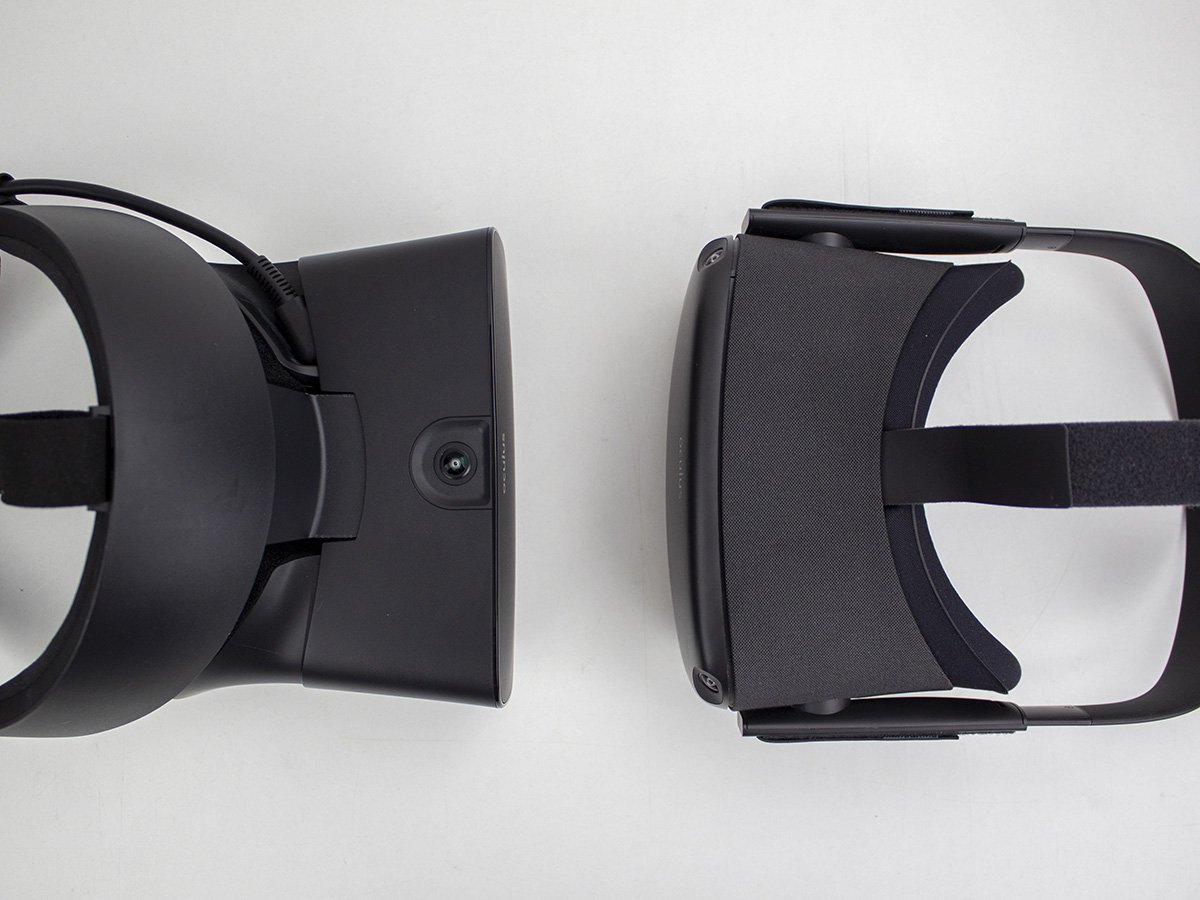Oculus says the move to OpenXR shouldn't affect backward compatibility
The company says OpenXR is how Facebook adds new features, not break old ones.
What you need to know
- Facebook is only sunsetting development APIs, not runtimes, in favor of the OpenXR API in future updates.
- Existing software is expected to continue working as it currently does, including SteamVR compatibility with Quest headsets.
- Oculus says that newer versions of Unity and Unreal engines already include OpenXR support, making the transition straightforward for developers.
Last week's announcement that Facebook was killing off its proprietary PC VR APIs came as a surprise in several ways. Moving to OpenXR meant that Facebook was finally joining other vendors, like Valve, in adopting the new industry standard for VR development. But not everyone was convinced that this move was a good thing, namely that Oculus was dropping support for these APIs after just a year.
We touched base with Facebook and got clarification on the company's goals with the move to OpenXR, specifically in regards to how older headsets and software will be affected by the move. Here's what they had to say:
As we add new technologies to our headsets, and as software comes to rely on those new technologies, some titles may not work on older devices. But apps built for older devices should remain forwards compatible with future devices. As many other platforms have found, there may come a time when we will ask developers to update their apps, but our goal is to make such moments exceptionally rare and give lengthy notice when they must occur.
A Facebook representative
Specifically, new features refer to technologies like hand tracking which were never made available on Oculus-branded PC VR headsets like the Oculus Rift and Oculus Rift S. Like any new tech, users will need to upgrade their headsets to take advantage of new hardware-driven features. All new features moving forward will be done through the OpenXR API.
Facebook's assurance that no existing runtimes are being deprecated means any existing software that was designed with older Rift and Quest development tools will continue to work with new headsets. This was a particular concern after Facebook said it was sunsetting support for these development APIs after just a year — that's August 2022 — leaving many to question what would happen with older titles that break with new software updates.
Additionally, Facebook says that developers using Unity and Unreal Engine platforms should expect a straightforward migration when upgrading to newer versions of these engines. While upgrading a game's engine isn't exactly a simple concept, the idea here is that new games will utilize newer engines and, therefore, will be able to take advantage of new features.
Otherwise, existing games using older versions of Unity or Unreal engines should not see compatibility issues going forward, according to Facebook. This also includes — as our rep pointed out — compatibility with SteamVR, ensuring that you'll still be able to play SteamVR on Oculus Quest without issue. The Oculus Quest 2 will be relaunching on August 24 with a new SKU and a fix for the recalled foam pads.
from Android Central - Android Forums, News, Reviews, Help and Android Wallpapers https://ift.tt/3f3984t


Post a Comment